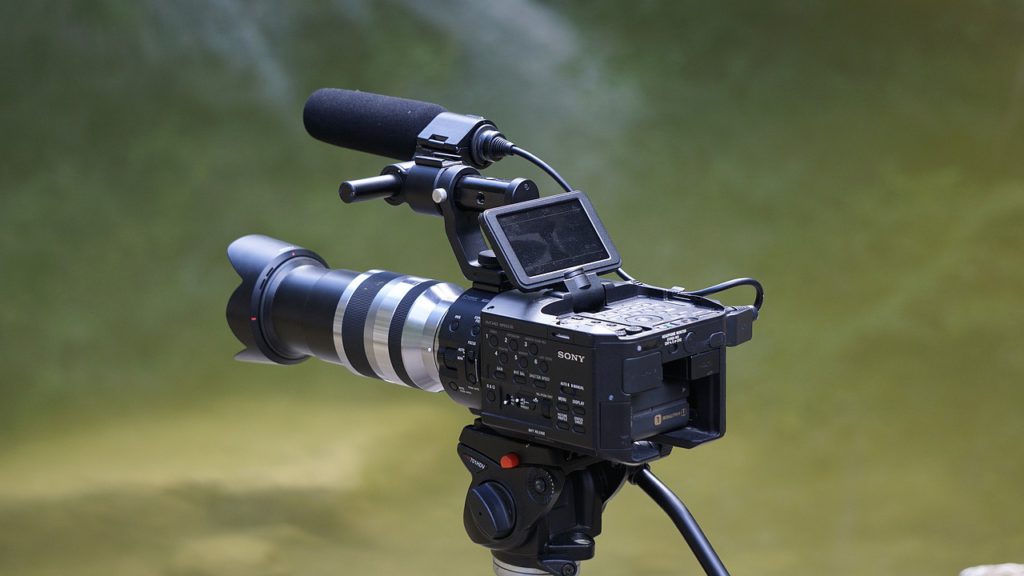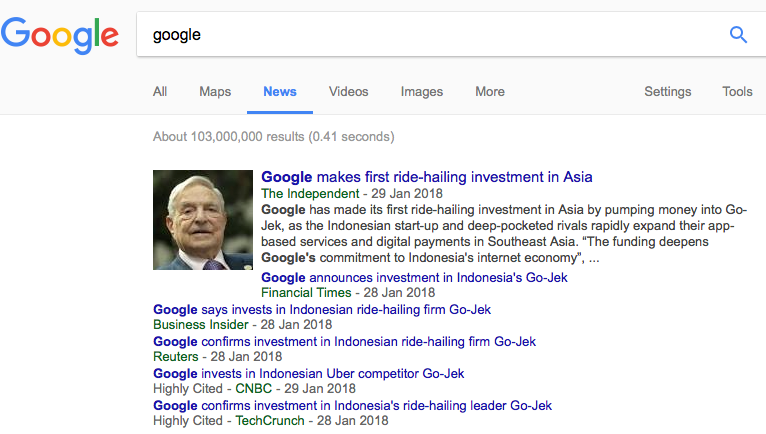The Big But Concise Interview Preparation Guide
- February 11, 2018
- Marketing Team
Unlike some recruitment agencies who have nothing to “sell you” to companies but your CV and their word, here at Inspiring Interns, we do things a bit differently.
When you come in to meet us and discuss your career options, we take the time to film you a video CV. This is a short minute-long video where you outline your main experience and skills, summarising why you’d make a great candidate.
This is preferred by companies who can get a feel for your skills and experience in the space of 1 minute. It’s a much more personal way of getting to know you as a candidate.
Video CVs and interviews can be daunting. That’s why we’ve created a big guide for you to help ease your nerves.
Preparing for your video at Inspiring Interns

The video CV isn’t as scary as it sounds, we promise!
This is a great way to summarise to a potential employer what you’re capable of – but you only have around 60 seconds to impress! This means condensing all your experience into a brief and concise video.
It is best to plan the foundations of what you will say, but not word-for-word. Having to memorise will cause you stress and reading off paper could look strange on camera. By all means, bring a piece of paper with some key points on to help jog your memory.
- Talk between 30-60 seconds.
- Open with your name, degree course and university
- Don’t just regurgitate what’s on your CV – mention 2 or 3 key skills and back it up with evidence.
- Focus on what you can bring to a role rather than what you are looking for.
- Don’t be too generic. Instead, focus on specific skills or experience that makes you stand out and apply it to your chosen field.
- Refrain from saying your age, surname, contact details or social media domain names.
If you don’t get it in the first take – don’t worry – you get 3 attempts!
Next stage – company interview…
You have received an interview invitation from one of our clients who was impressed by your CV video. First off –well done. The company has identified you as a potential fit for the role, due to your skills and experience.
When considering some job roles attract 250 applications, you’re over the first hurdle.
Now they want to meet you in person to find out more about you and to see how you come across in person. They aren’t only interested in what’s written on paper or your video CV, but also your body language and how you answer questions.
A mistake many job seekers make is not preparing enough for an interview. The more prepared you are, the less nervous you will feel and the better you will be able to articulate your experience.
Research the company

First things first, it is crucial to know and understand the main facets of the company you are interviewing with.
An HR Professional at Bright Star UK commented: “My #1 pet peeve is them not researching the company. I don’t expect chapter and verse, just a few basic facts from our website or social media.”
Some things you should know about the company prior to your interview:
- What service or product do they provide?
- Who are their clients or customers
- What industry do they fall in?
- Who are their competitors?
- When were they established?
- Who it the CEO and what is his/ her background?
The first place you should go to find information on the company is their website, particularly the About, Clients and Case Studies (where companies commonly will post real-life examples of the work they have carried out for clients).
You can usually find out who the other employees are on their website. They might also keep up a blog, which will provide all the latest company news and further insights.
LinkedIn is another place to go for company information. You can find profiles of all the other employees at the company (as long as they are LinkedIn members), as well as read content the company posts.
Another lesser-known tool is to use Google’s news search function. Type in the company’s name in the search bar, and then click the ‘news’ button. This will show you where the company name has been featured in the news and you can sort this in chronological order.

Knowing the job description
Equally important as knowing the company, is understanding what the role entails and how your skills make you a suitable candidate.
Employers will expect that you have read the description thoroughly so don’t skim through the spec’. It’s ideal to break down the job description and think about how you can address each requirement point.
For example, on a job spec, it asks for:
“The ability to juggle tasks”
Think of a time you have been required to multi-task, or switch between tasks. If you are lacking relevant industry experience, don’t be afraid to mention part-time work such as retail or hospitality, as skills you used there can be applied to other roles.
or, “writing experience”
If you have writing experience, you could go a bit more in-depth here about your experience, mentioning the types of things you’ve written (essays, articles, blogs etc.) and places you may have been published.
Don’t forget the practicalities
When you’re in the zone of tirelessly researching the company for your interview, do not forget practical things such as how to do the journey there, how long will it take, what you will wear and whether you feel you should bring anything with you.
This could include things such as your CV and passport as well as job-specific material such as a portfolio.
Questions?

Remember, a job interview is not only so the employers can suss you out, it’s also your time to assess whether the role is right for you or not.
This is your chance to iron out any queries you have to do with the role or company.
It’s generally best to avoid questions about salary and perks in the first interview.
Always prepare some questions for your interview. This demonstrates that you are interested and inquisitive.
Sarah Burns, a Commercial Recruitment Manager comments: “Not asking questions at the interview is one mistakes candidates make. This is their opportunity to make sure the company and role is right for them. Many “wing it” without preparing questions in advance.”
Body language

33% of bosses claim they know if they will hire someone within the first 90 seconds of the interview, due to the candidate’s body language.
No matter how nervous you are, do not forget to smile and use some eye contact. This will help to establish a positive relationship with the interviewer.
There you have it. Following these tips will ensure you don’t arrive flustered to your interview and wracking your brains for what you remember about the job spec and company.
Inspiring Interns is a recruitment agency specialising in all the internships and graduate jobs London has to offer.







